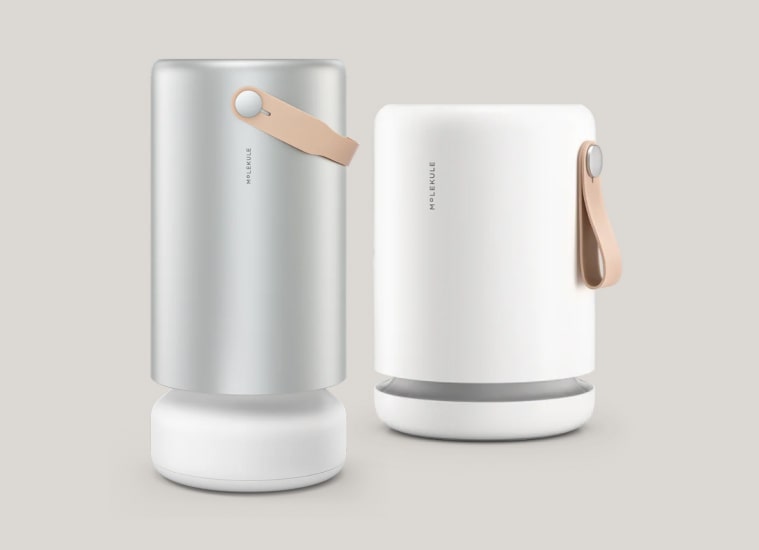Seasonal Allergies and the Classroom: Strategies for Managing Symptoms During School Months

As the school year begins, many children with seasonal allergies face unique challenges in the classroom. Pollen from trees, grasses, and weeds can trigger allergy symptoms that disrupt learning and focus. For parents, understanding how to manage these symptoms effectively is crucial to ensuring a successful and comfortable school experience for their children. In this blog post, we’ll explore practical strategies to help your child manage seasonal allergies in the classroom and thrive academically.
Understanding Seasonal Allergies
Seasonal allergies, often called hay fever or allergic rhinitis, are caused by the immune system’s response to airborne allergens like pollen. Common symptoms include:
- Sneezing
- Runny or stuffy nose
- Itchy or watery eyes
- Coughing
- Fatigue
These symptoms can affect concentration, participation, and overall well-being in school.
Strategies for Managing Allergies in the Classroom
- Communicate with Teachers and Staff: Inform your child’s teachers about their seasonal allergies. Share details about potential triggers and symptoms so they can help monitor your child’s health and make necessary accommodations.
- Develop an Allergy Action Plan: Work with your allergist to create a personalized allergy action plan. This plan should outline your child’s specific allergens, symptoms, and emergency protocols, ensuring everyone in the school is prepared.
- Encourage Good Hygiene: Teach your child to wash their hands frequently, especially after outdoor play or touching their face. This simple practice can help reduce the transfer of pollen and other allergens.
- Monitor Pollen Counts: Monitor local pollen forecasts, particularly during high-pollen days. Consider scheduling indoor activities or limiting outdoor playtime when pollen levels are elevated.
- Provide Allergy-Friendly Snacks: Pack allergen-free snacks for your child. This ensures they have safe options during snack time and reduces anxiety about food allergies.
- Utilize Allergy Medications: Consult with your child’s allergist about appropriate allergy medications, such as antihistamines or nasal sprays. Ensure your child can access their medication while at school and know how to use it properly.
- Create a Comfortable Classroom Environment: If possible, collaborate with school staff to minimize allergens in the classroom. This may include keeping windows closed during peak pollen seasons and using air purifiers to improve indoor air quality.
- Teach Symptom Management Techniques: Teach your child how to recognize allergy symptoms and encourage them to communicate with teachers if they start feeling unwell. Empowering them to take charge of their health can help them manage symptoms more effectively.
Equip Your Child for Allergy Success
By implementing these strategies, parents can help their children navigate the challenges of seasonal allergies in the classroom. Proactive communication, personalized action plans, and effective management techniques can significantly improve your child’s school experience. If you have concerns about your child’s allergies or need assistance creating a management plan, contact us at Allergy, Asthma, and Immunology Medical Group at 805-658-9500. Together, we can ensure your child thrives academically and enjoys a successful school year!




